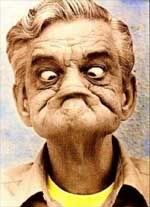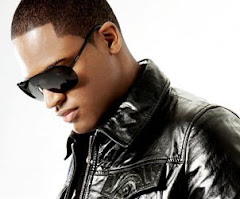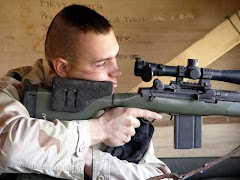
In the intervals of shovelling nutty slack, I'm re-reading Richard Ellmann's 1987 life of Oscar Wilde.
A significant figure in the story is Harry Marillier (CH 1875-84), who seems to have been the first young man Wilde fell for. (An 'unconsummated attachment', Ellman calls it. ¹)
They originally met when Marillier was still a CH boy, who was allowed to keep his books and to study in the London house where Wilde happened to be living.
Before long Marillier was bringing Wilde coffee in the mornings, in exchange for help with his Greek.
Presently he went up to Cambridge, where Wilde visited him, and it was to Marillier's undergraduate circle that Wilde first told the tale of The Happy Prince.
Another Old Blue who rears his head is the writer C Lewis Hind (CH 1872-78). In 1881, when Wilde was accumulating outlandish garb for his American tour the following year, Hind chanced to see him emerging from a furrier's, wearing 'a befrogged and wonderfully befurred green overcoat' and a Polish cap.
Ellmann notes also that Wilde, a superstitious man, 'refused to join the sceptics of the Thirteen Club'.
Was this the same Thirteen Club that Percy Giles (CH 1902-06) says was founded by William Harnett Blanch (CH 1843-51)?
Its members, Giles tells us ², dined on Fridays in sets of thirteen, entered the room under a ladder, spilled the salt when they sat down and were attended by cross-eyed waiters.
Not sure of my ground here, because Googling on 'thirteen club' yields more than 600 hits, which seem to be predominantly American. Is Ellmann referring to an equivalent club in the States, to which Wilde was invited during his tour of that country?
If so, was there any link between the two clubs, or did the sceptics of Britain and America come up with the same idea independently?
When he was disgraced and in prison in 1897, one of the books Wilde asked to be allowed was A J Butler’s Companion to Dante.
Aha, I thought. This must be the A J Butler who attended CH in the 1860s and went on to a scholarly career at Oxford, author of (among other things) The Ancient Coptic Churches of Egypt (1884). A Fellow of Brasenose College, he could have been personally known to Wilde through Walter Pater, another Brasenose Fellow.
But no. The author of the Dante book was Arthur John Butler; the Old Blue scholar was Alfred Joshua Butler. I publish this information for the purpose of, as Wikipedia would say, DISAMBIGUATION.
__________________________________________________
¹ Neil McKenna in The Secret Life of Oscar Wilde says the pair were lovers, but gives us no reason to believe him. He does however bring another OB into the narrative: the author and translator Osman Edwards (CH 1872-83, Senior Grecian), whom Wilde met through Marillier.
² In his history of the Christ's Hospital Club, the forerunner of today's CH Association and not to be confused with the Thirteen Club.








1 comment:
It seems C Lewis Hind said more about Wilde in his introduction (published in 1917) to Christ in Hades by Stephen Phillips. Evidently recalling a social gathering in the 1880s or 90s, he wrote:
"…and of all the splendid talk I heard that night, the most splendid was a duel, poetry the subject, between [W E] Henley and Oscar Wilde. It was a broad-sword against rapier, and I knew not which won: the give and take, the hammer and dart were too dazzling. I suppose Wilde won, because a time came when Henley ceased, and Wilde delivered a melodious monologue on Shelley, one of the most beautiful excursions into appreciative criticism that I have ever read or heard."
Which led Hind to this final thought about Wilde:
"I shut out the latter years and think only of his tender and loving understanding of the most ethereal of poets. How strange it will be if, when we awake from the dream of death, we find that we are judged only by the good we have done."
Post a Comment